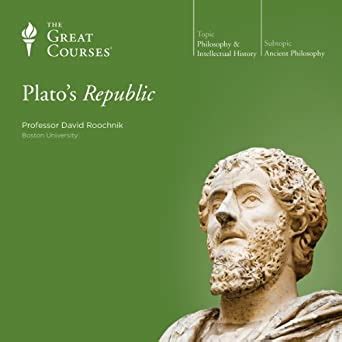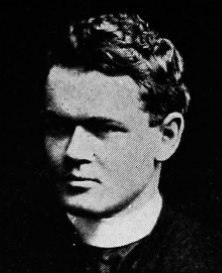A Quote by Ouida
A just chastisement may benefit a man, though it seldom does; but an unjust one changes all his blood to gall.
Related Quotes
The so-called godly man may be more likely to do serious wrong than a man who deeply questions himself. The 'godly man' often zealously follows religious precepts that, in the end, justify an unjust injury to others, while the questioning man, addressing his own conscience, may have the better chance to consider all the circumstances and come to the just decision.
It seldom happens that a man changes his life through his habitual reasoning. No matter how fully he may sense the new plans and aims revealed to him by reason, he continues to plod along in old paths until his life becomes frustrating and unbearable-he finally makes the change only when his usual life can no longer be tolerated.
And there you see the distinction between our feelings: had he been in my place, and I in his, though I hated him with a hatred that turned my life to gall, I never would have raised a hand against him. You may look incredulous, if you please! I never would have banished him from her society as long as she desired his. The moment her regard ceased, I would have torn his heart out and drank his blood! But, till then - if you don't believe me, you don't know me - til then, I would have died by inches before I touched a single hair on his head!
Nothing that is not a real crime makes a man appear so contemptible and little in the eyes of the world as inconsistency, especially when it regards religion or party. In either of these cases, though a man perhaps does but his duty in changing his side, he not only makes himself hated by those he left, but is seldom heartily esteemed by those he comes over to.
The heart that delights in God and longs only to see His glory advance will seldom be conscious of sacrifice. God in His wisdom asks that we first love Him and then live in keeping with that core value. He does not want His people to think of what they do as sacrificial, even though from the world's point of view it may be just that. Gratitude for grace of God will always be found near the center of the Biblical Christian's most powerful motivations.
Poverty, we may say, surrounds a man with ready-made barriers, which if they do mournfully gall and hamper, do at least prescribe for him, and force on him, a sort of course and goal; a safe and beaten, though a circuitous, course. A great part of his guidance is secure against fatal error, is withdrawn from his control. The rich, again, has his whole life to guide, without goal or barrier, save of his own choosing, and, tempted, is too likely to guide it ill.
The liberated man is not the one who is freed in his ideal reality, his inner truth, or his transparency; he is the man who changes spaces, who circulates, who changes sex, clothes, and habits according to fashion, rather than morality, and who changes opinions not as his conscience dictates but in response to opinion polls.
And in vain does the dreamer rummage about in his old dreams, raking them over as though they were a heap of cinders, looking into these cinders for some spark, however tiny, to fan it into a flame so as to warm his chilled blood by it and revive in it all that he held so dear before, all that touched his heart, that made his blood course through his veins, that drew tears from his eyes, and that so splendidly deceived him!







































